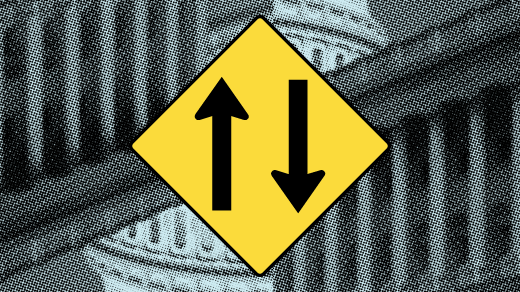For the first time a U.S. Federal Agency, The Consumer Financial Protection Bureau (CFPB), has come out with a policy that clearly delineates how taxpayer investments in technology should be handled. Since they say it best:
The Consumer Financial Protection Bureau was fortunate to be born in the digital era. We’ve been able to rethink many of the practices that make financial products confusing to consumers and certain regulations burdensome for businesses. We've also been able to launch the CFPB with a state-of-the-art technical infrastructure that’s more stable and more cost-effective than an equivalent system was just ten years ago.
Good internal technology policies can help, especially the policy that governs our use of software source code.
Some software lets users modify its source code, so that they can tweak the code to achieve their own goals if the software doesn't specifically do what users want. Source code that can be freely modified and redistributed is known as "open source software," and it has been instrumental to the CFPB's innovation efforts for a few reasons:
- It is usually very easy to acquire, as there are no ongoing licensing fees. Just pay once, and the product is yours.
- It keeps our data open. If we decide one day to move our website to another platform, we don’t have to worry about whether the current platform is going to keep us from exporting all of our data. (Only some proprietary software keeps its data open, but all open source software does so.)
- It lets us use tailor-made tools without having to build those tools from scratch. This lets us do things that nobody else has ever done, and do them quickly.
Until recently, the federal government was hesitant to adopt open source software due to a perceived ambiguity around its legal status as a commercial good. In 2009, however, the Department of Defense made it clear that open source software products are on equal footing with their proprietary counterparts.
We agree, and the first section of our source code policy is unequivocal:
We use open source software, and we do so because it helps us fulfill our mission.
Open source software works because it enables people from around the world to share their contributions with each other. The CFPB has benefited tremendously from other people's efforts, so it’s only right that we give back to the community by sharing our work with others.
This brings us to the second part of our policy:
When we build our own software or contract with a third party to build it for us, we will share the code with the public at no charge.
Exceptions will be made when source code exposes sensitive details that would put the Bureau at risk for security breaches; but we believe that, in general, hiding source code does not make the software safer.
Read more about the policy at:








Comments are closed.